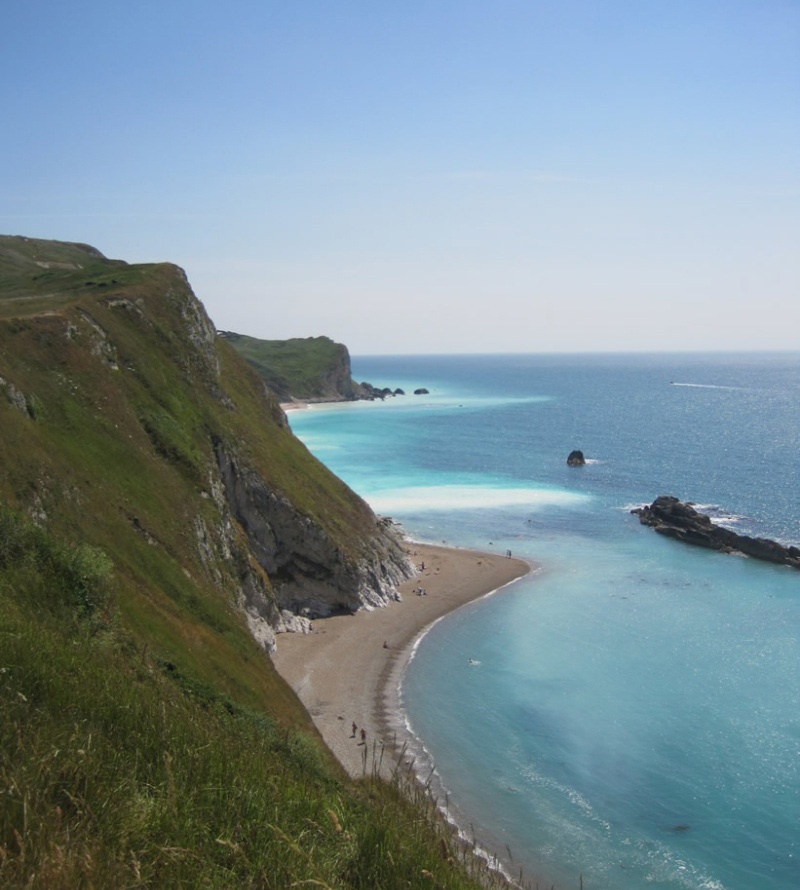Welcome to the Geography Department
The vision of the Geography department at Harrow Way is to inspire pupils to develop a lifelong love of geography and be curious and compassionate about the world around them. The four strands of knowledge are recognised as locational, place, human/physical and geographical skills.
Geography was first systematically studied by the ancient Greeks and encompasses almost every other discipline. From enquiries such as ‘Why is Antarctica considered the greatest desert?’ to ‘How might advanced countries contribute to the poverty of others?’ Geography has great depth and breath. At Harrow Way we have spent considerable time carefully selecting when and what to teach our budding geographers.
Our department is working towards equipping students to have environmental stewardship of the world around them and develop the geographic skills needed to thrive in the 21st century and overcome the challenges which we are facing as a global community.
Geographers have long been recognised as very employable, with the skills, knowledge and understanding gained during a geography course held in high regard by employers.
Geography is not a subject which is standing still and through a students’ time at Harrow Way there are multiple fieldwork opportunities. These include international and local trips such as the Jurassic Coast and New Forest. This is fundamental in students gaining a passion for Geography as they are able to experience the living world outside the classroom.
Curriculum Content
Key Stage 3
Year 7
Year 8
Year 9

Key Stage 4
Year 10 & 11
In Years 10 and 11 students follow the AQA GCSE Geography syllabus.
Assessment comprises 100% written examination including a decision making exercise and assessment of fieldwork. Fieldwork in Year 10 includes a visit to Swanage to study the impacts of coastal management on the natural coastal processes as well as the impact of tourism on the town.
The topics studied in Year 10 are:
The topics covered in Year 11 are:
